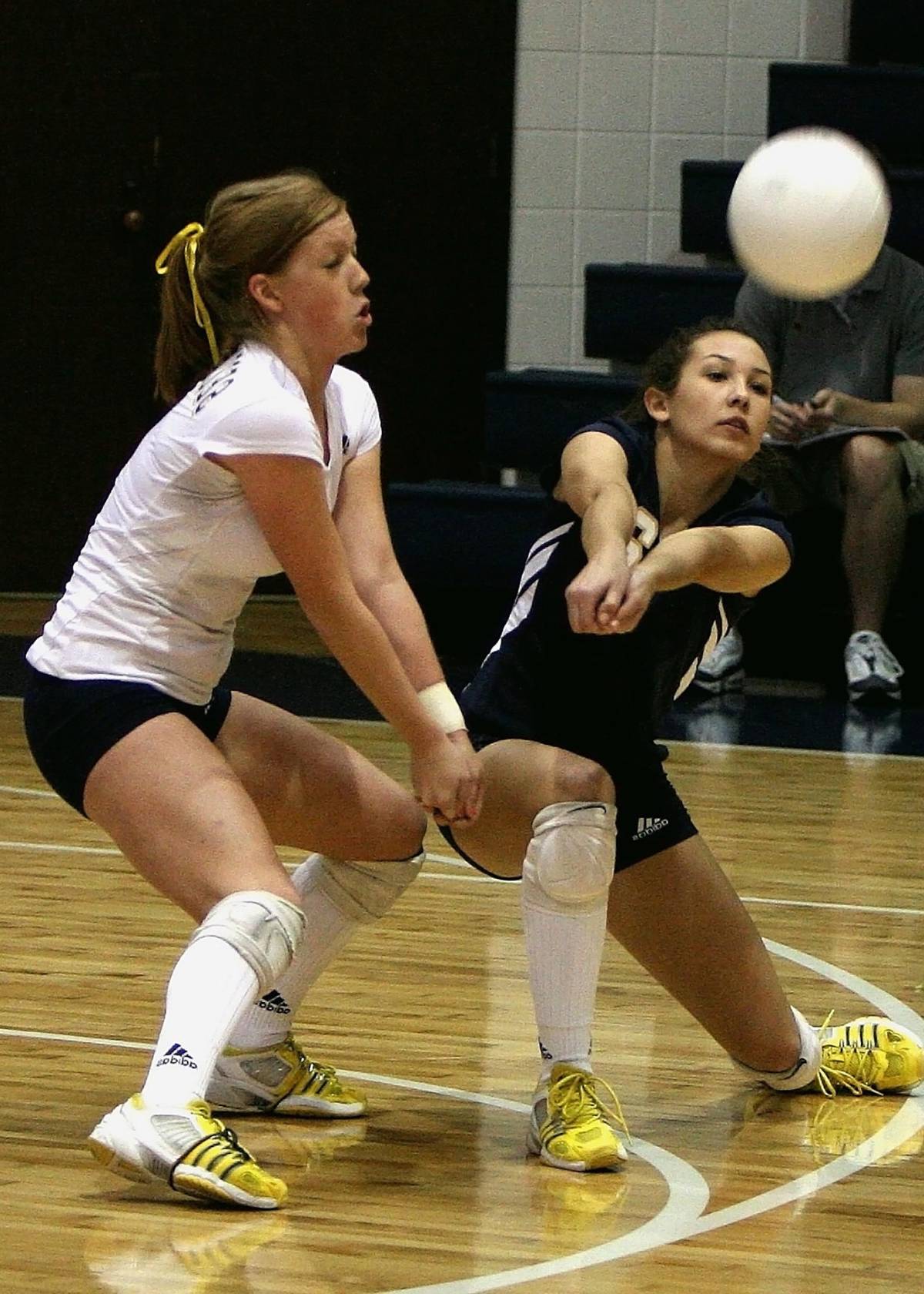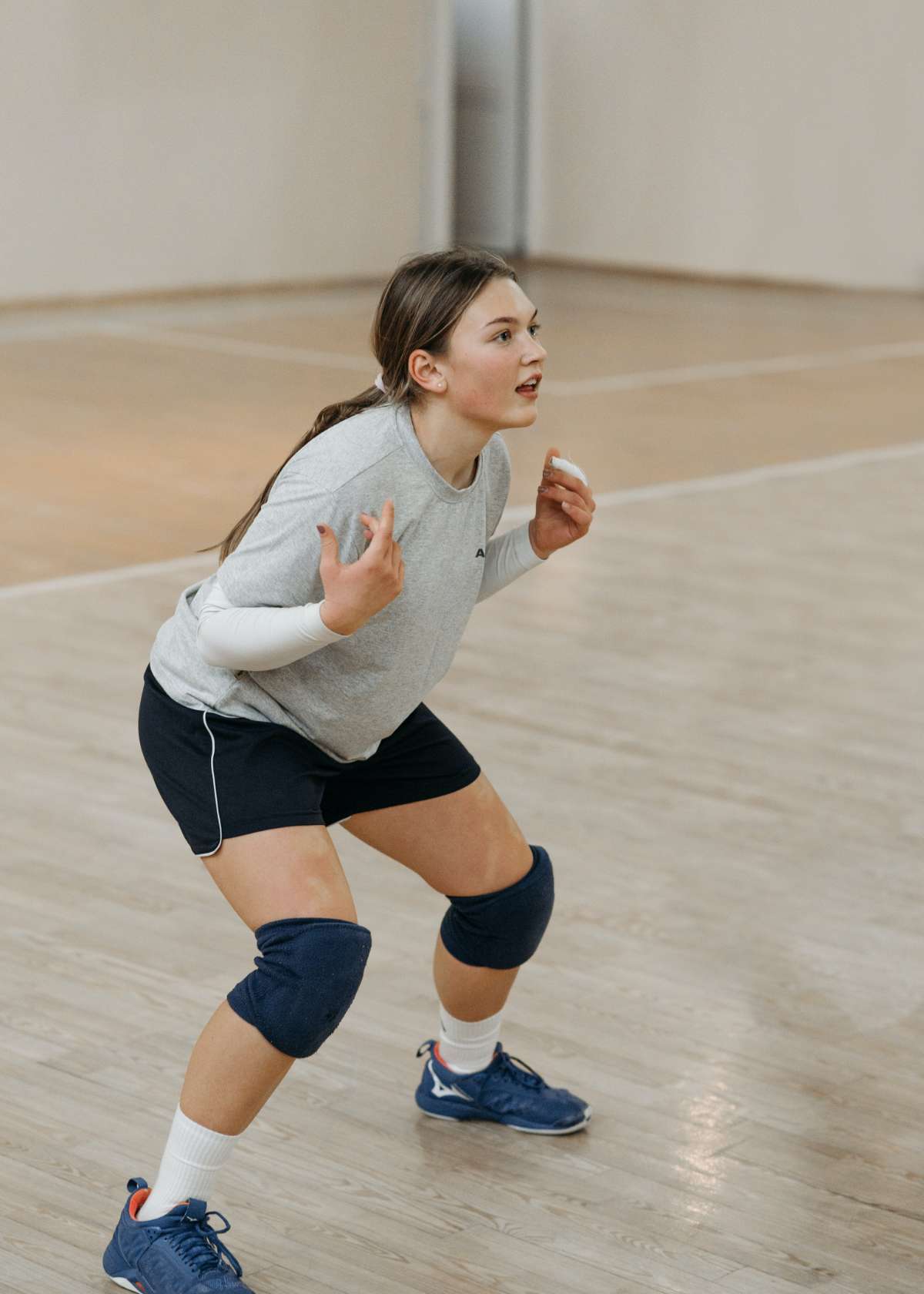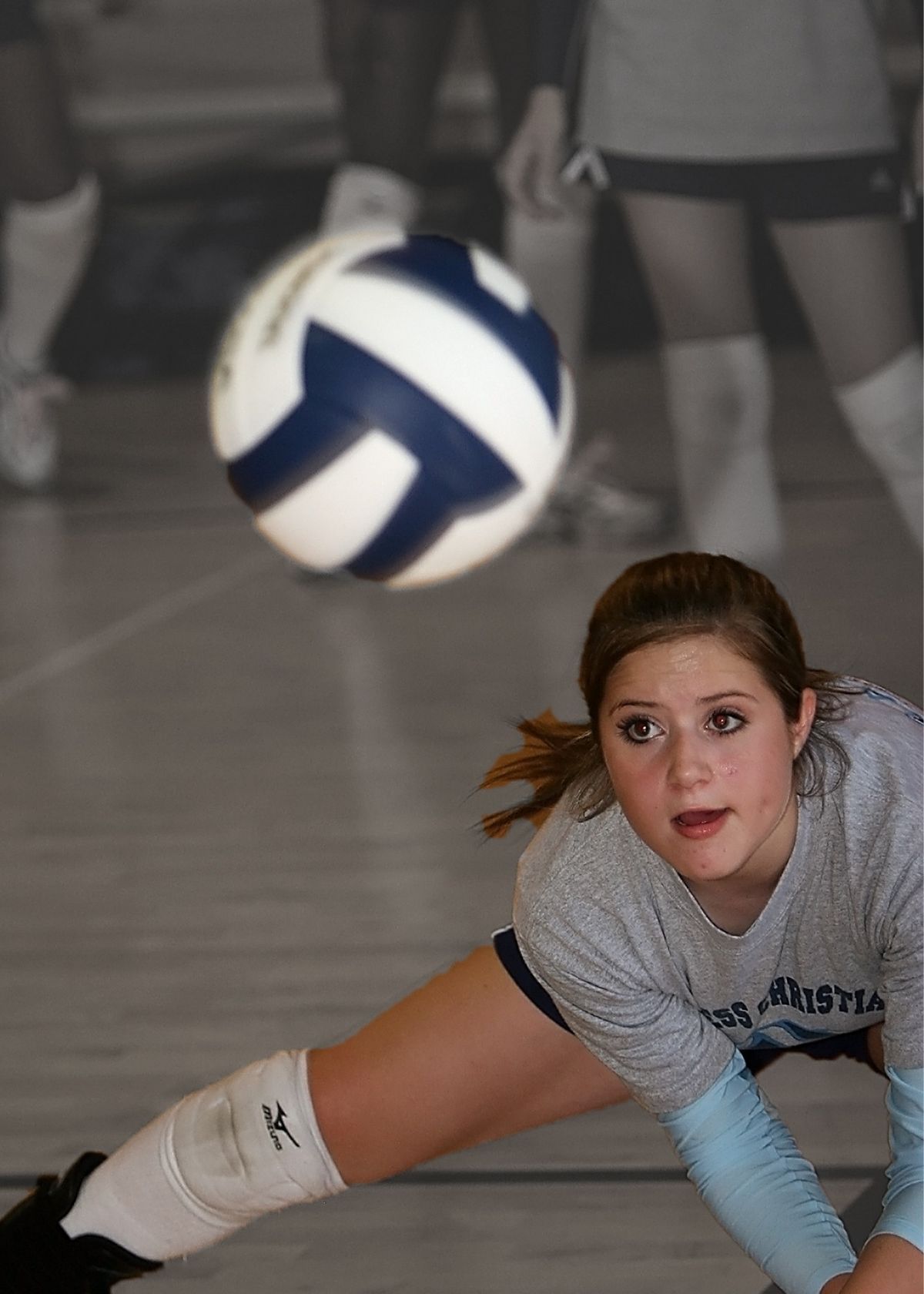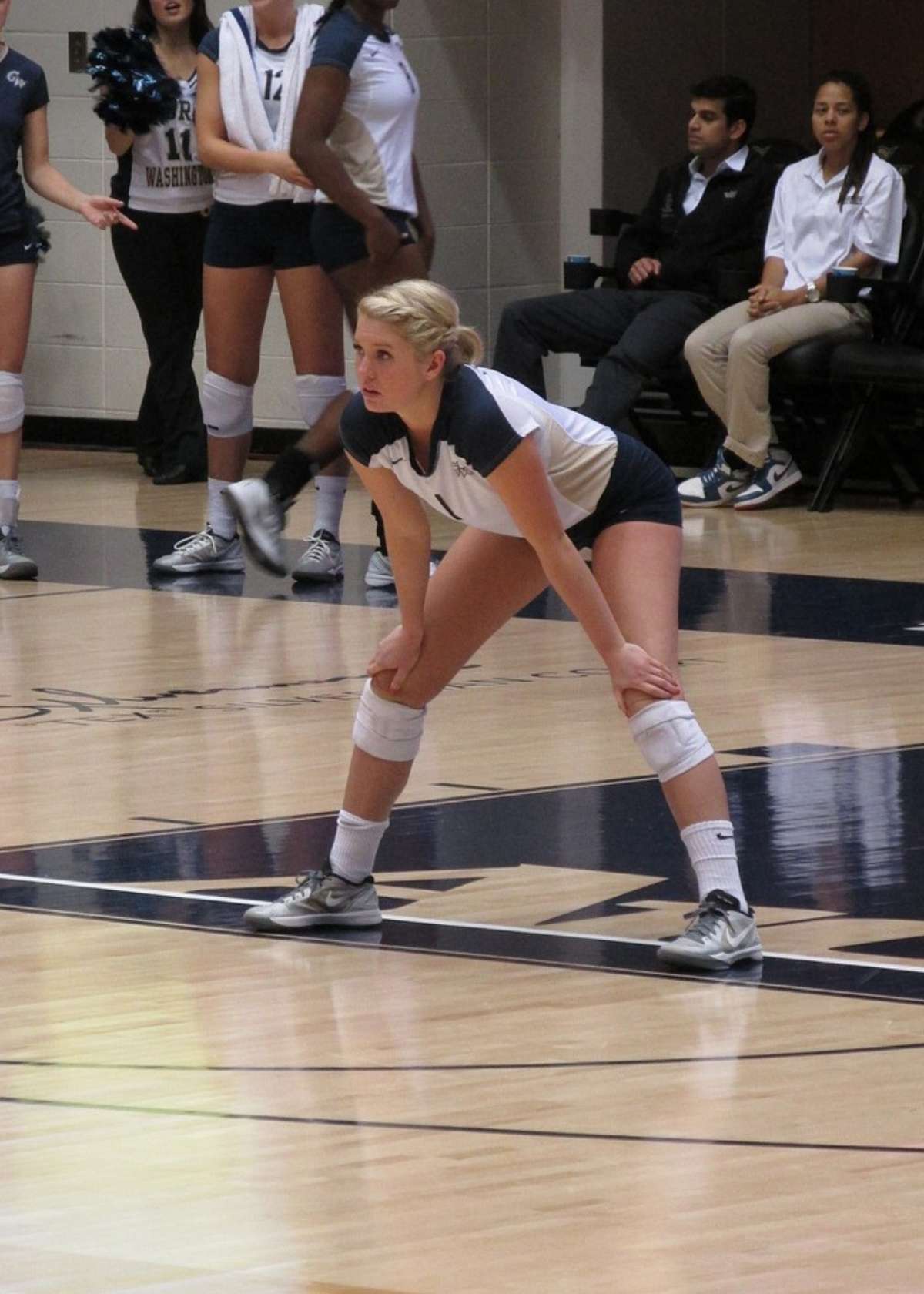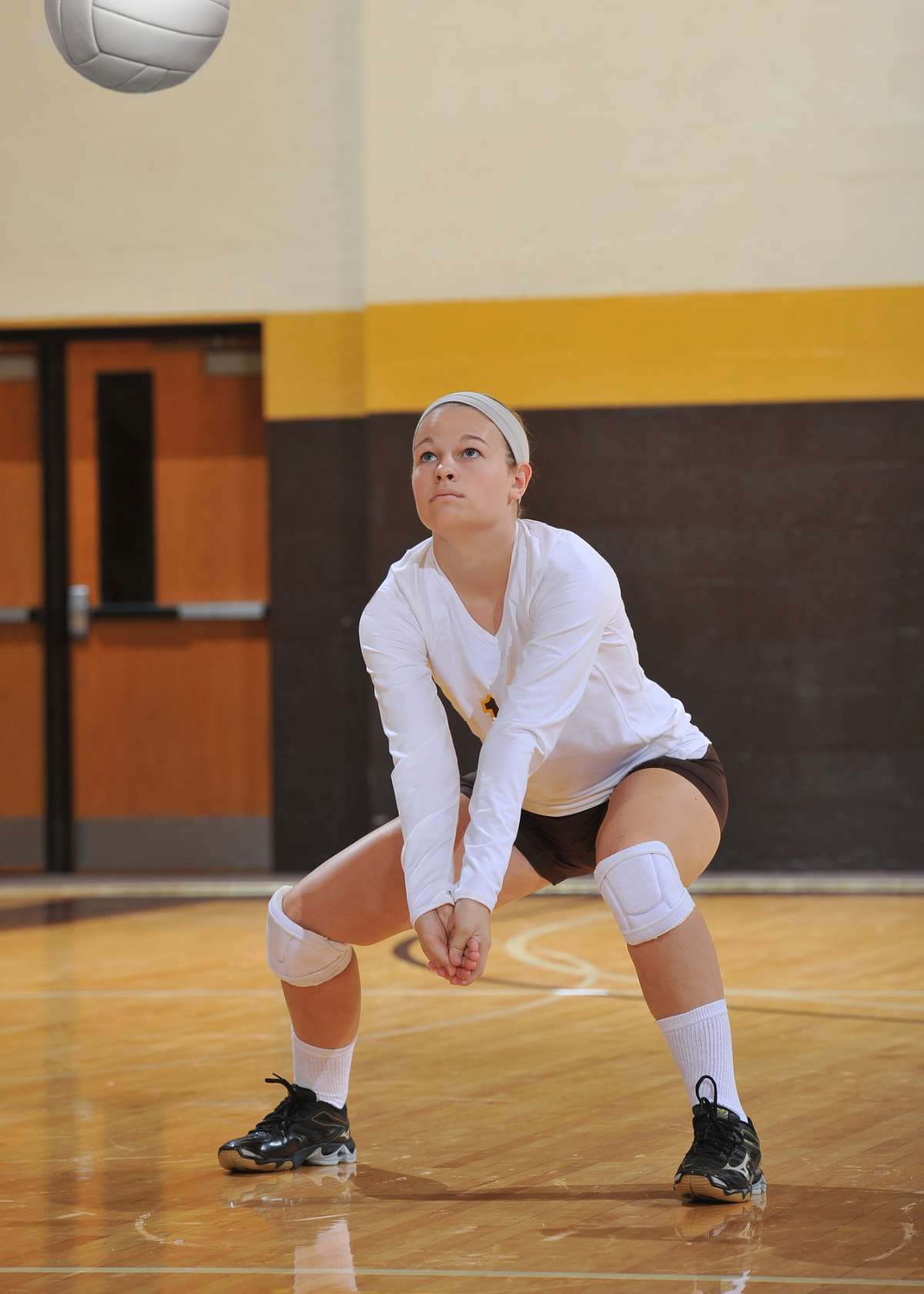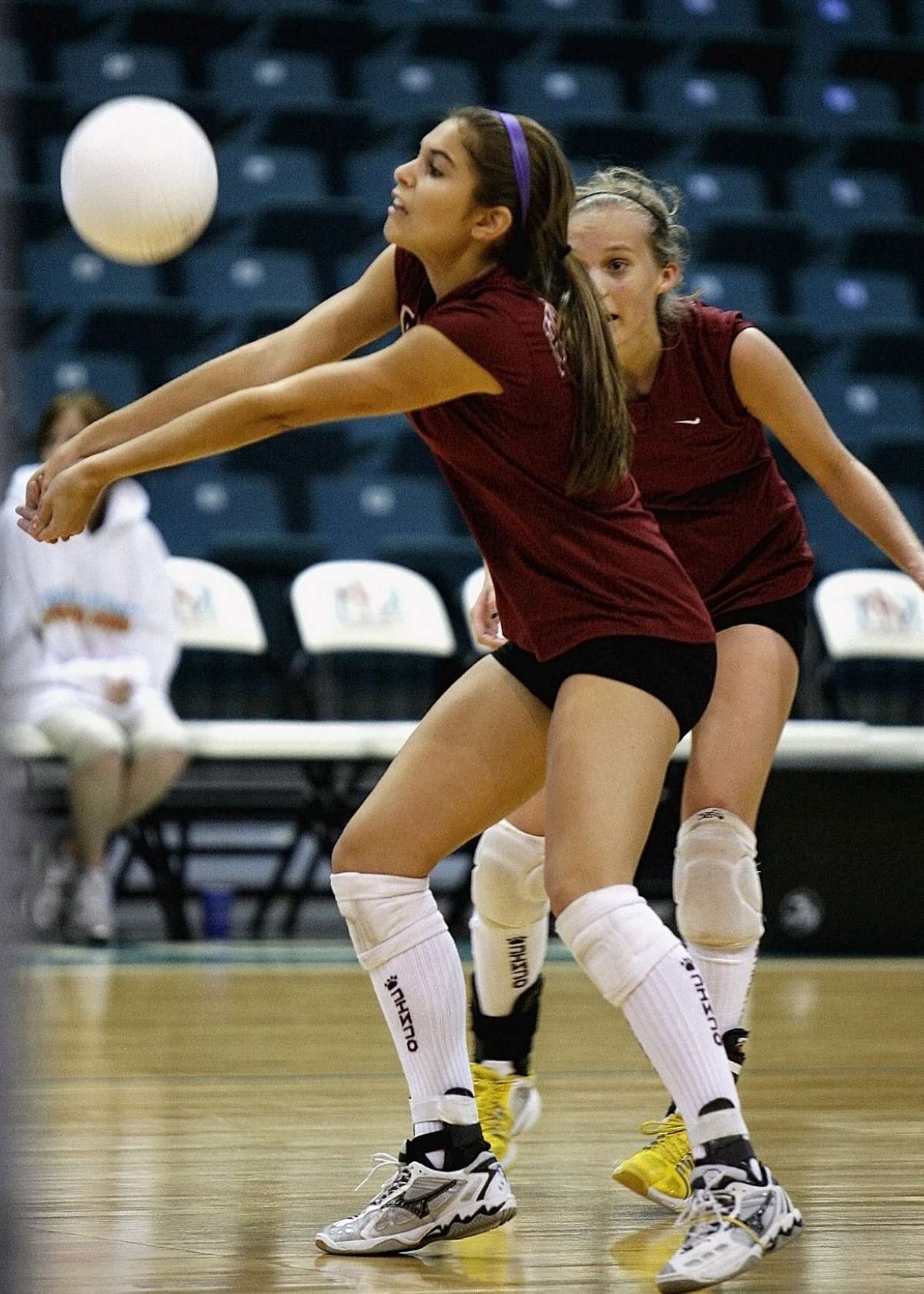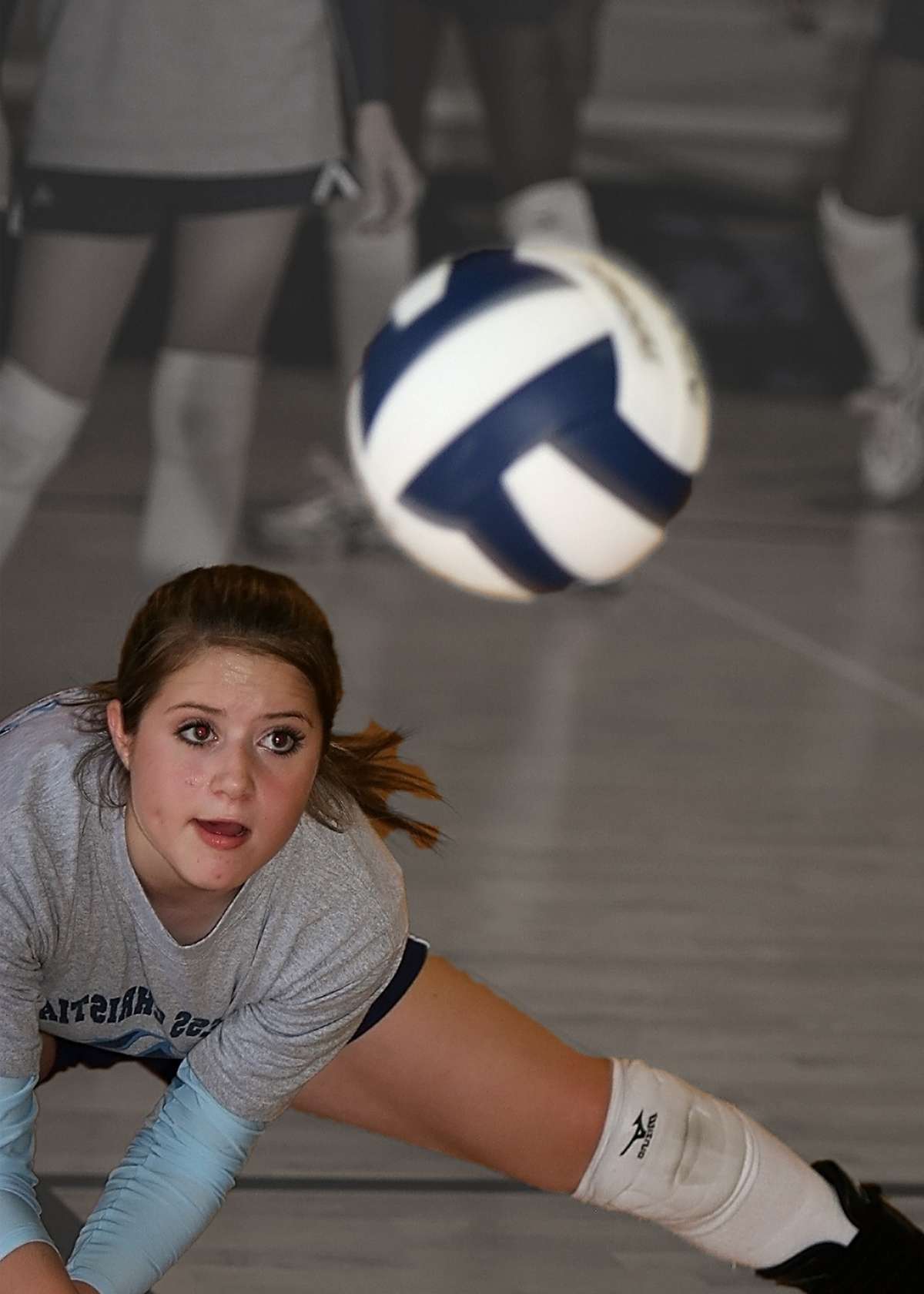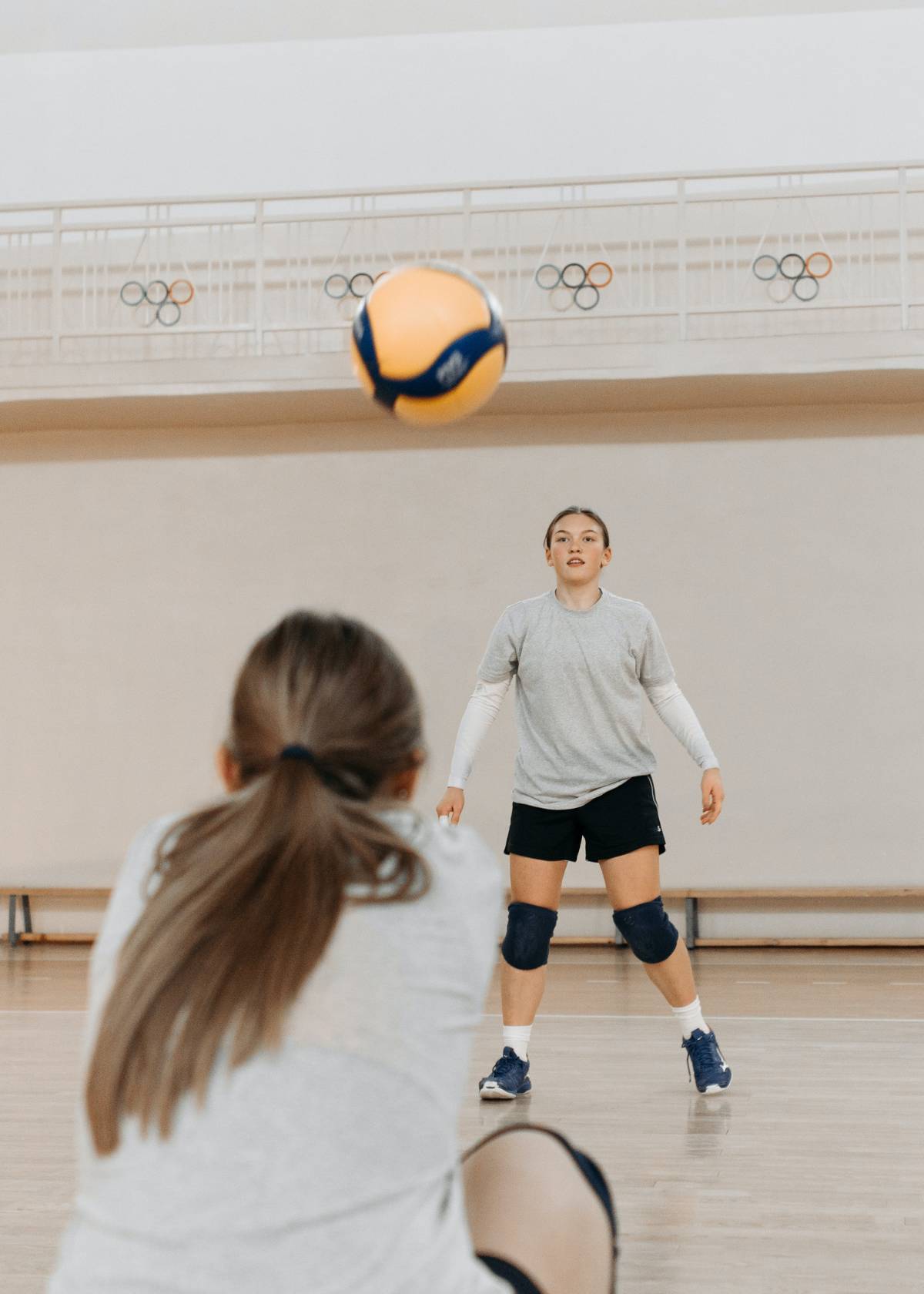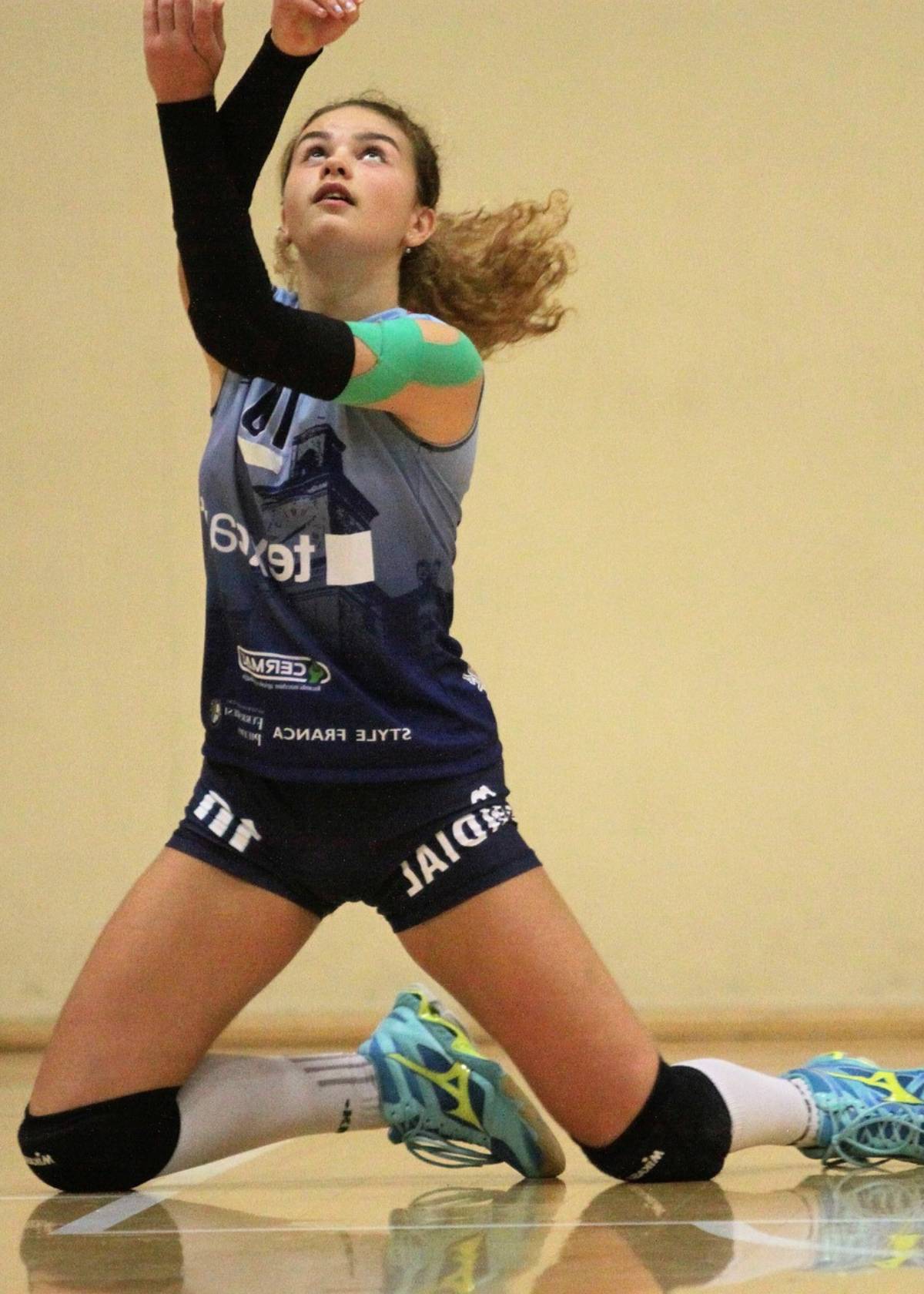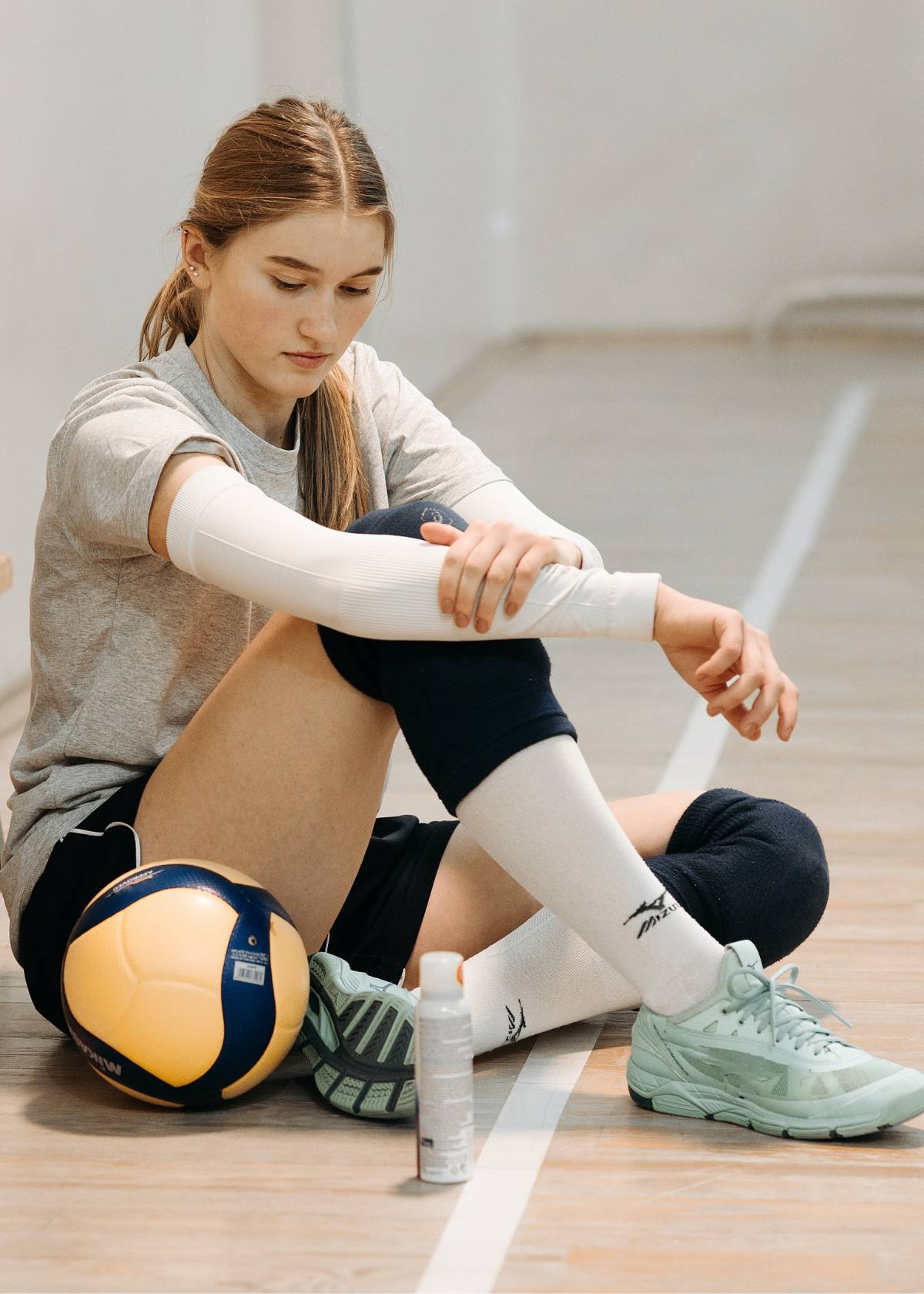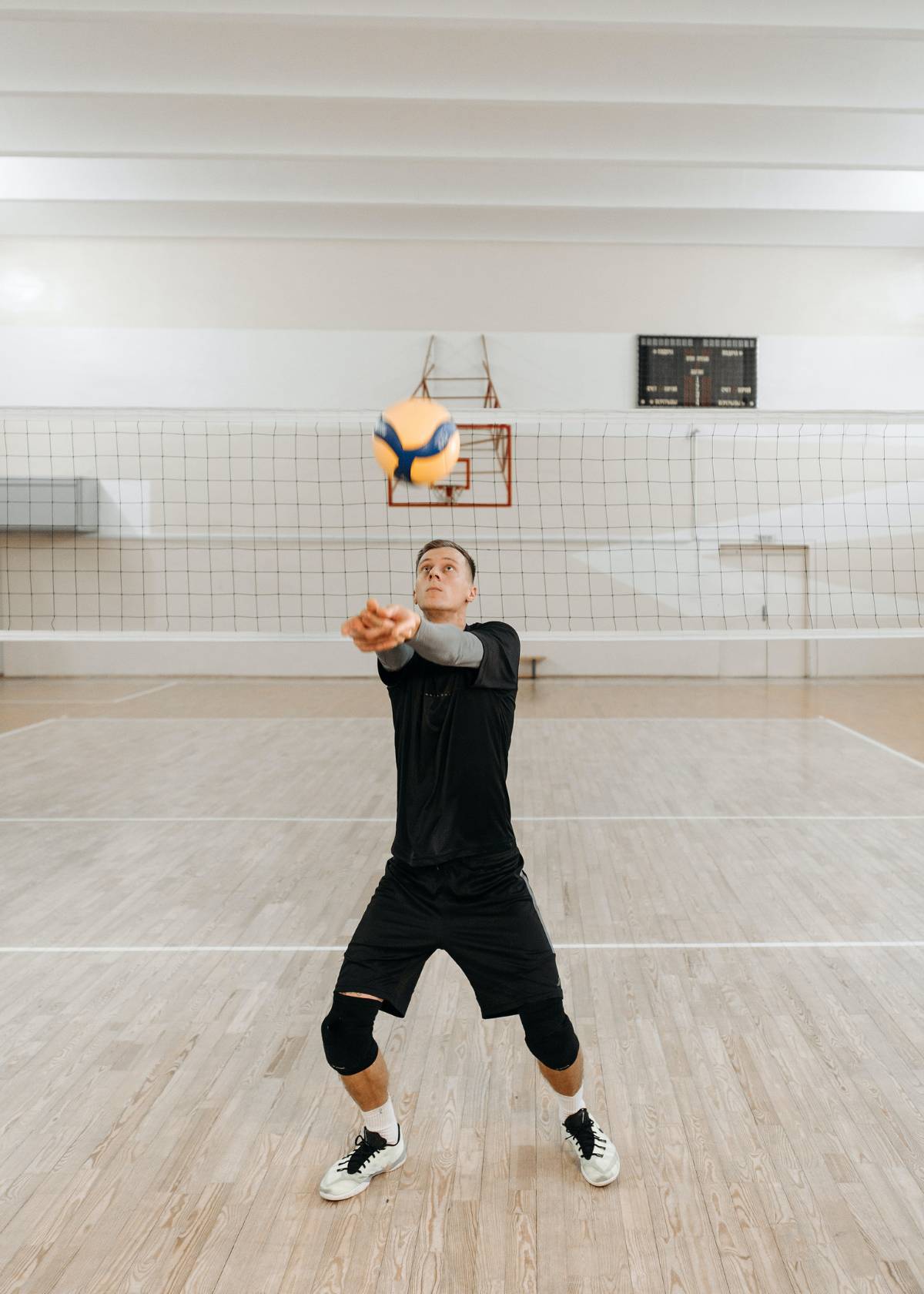If you are a volleyball player, you know the importance of a good libero. A libero is a specialized defensive player whose main role is to protect and defend the court.
While being a libero may not be as glamorous as being a hitter or a setter, it is undoubtedly one of the most critical positions on the team. If you want to be a successful libero, you must master some essential skills.
Here are five must-have libero volleyball skills that will help you become an expert in your position.
Defensive Skills
Defense is at the heart of volleyball. It is the ability to prevent the ball from hitting the ground on your side of the court. As a libero, you are the team's defensive specialist, and it's your job to keep the ball in play.
To be an excellent defensive player, you must have incredible reflexes, agility, and quick thinking. A great defensive player must anticipate where the ball is headed, move quickly to get in position, and execute the appropriate technique to return the ball to your teammates.
Techniques for improving defensive skills include diving, roll, and pancake techniques. A pancake save is when you slide your hand, palm-down, underneath the ball as it is about to hit the ground and push it back up into the play.
Another crucial aspect of the libero position in volleyball is understanding the rules regarding the attack line. As a defensive specialist, you must be aware of the 3-meter attack line and the limitations it imposes on the front-row players. This knowledge allows you to position yourself accordingly and be prepared to receive and defend hard hits from the opposing team.
Being in the right position also allows you to maximize your coverage of the court. The libero's role is not only to defend attacks from the back row but also to cover any gaps in the defense and help out with blocks. By staying aware of the position of your teammates and the opponents, you can make quick decisions on where to position and cover.
One way to develop your defensive skills is by working on your footwork. The ability to move quickly and efficiently across the court is critical to the libero position. Practice specific drills that improve your lateral and diagonal movement, as well as your ability to read and anticipate your opponent's movements.
USA Volleyball suggests implementing a variety of defensive drills in your practice routine, such as "out of system" drills, where your team practices defending when a play breaks down; "two-on-two" or "three-on-three" drills, where you work with your teammates to defend against attacks; and "free ball" drills, where you practice defending against free balls.
Accurate Passing
In volleyball, passing is the foundation of your team's offense. It's the essential skill that helps your team carry out various hits to score points.
As a libero, you must master the art of accurate passing. This skill requires you to be precise in your movements, understand the ball's speed, and react quickly to any other players' actions.
To improve your passing skills, you must focus on perfecting your footwork, keep a low center of gravity, and make quick, precise movements with your hands to get the ball where it needs to go.
Additionally, you can try practicing with a partner to help you get a better feel for the ball and improve your reaction times.
To become an exceptional libero, you must have accurate passing skills that can withstand the toughest hits from the front row. This is especially important at the international level, on college teams, and in club volleyball, where hitters have strong, aggressive swings.
Most teams rely heavily on their liberos for solid passes, making it crucial to hone your accuracy. To achieve this, focus on maintaining a stable platform and positioning yourself correctly before passing the ball.
Additionally, it's essential to understand the different types of serves and their trajectories. By doing so, you can anticipate the ball's path and adjust your positioning accordingly.
With consistent training and attention to detail, accurate passing will come naturally. In turn, you'll be able to set up your team's offense for a successful attack, ultimately making you a valuable asset to the team.
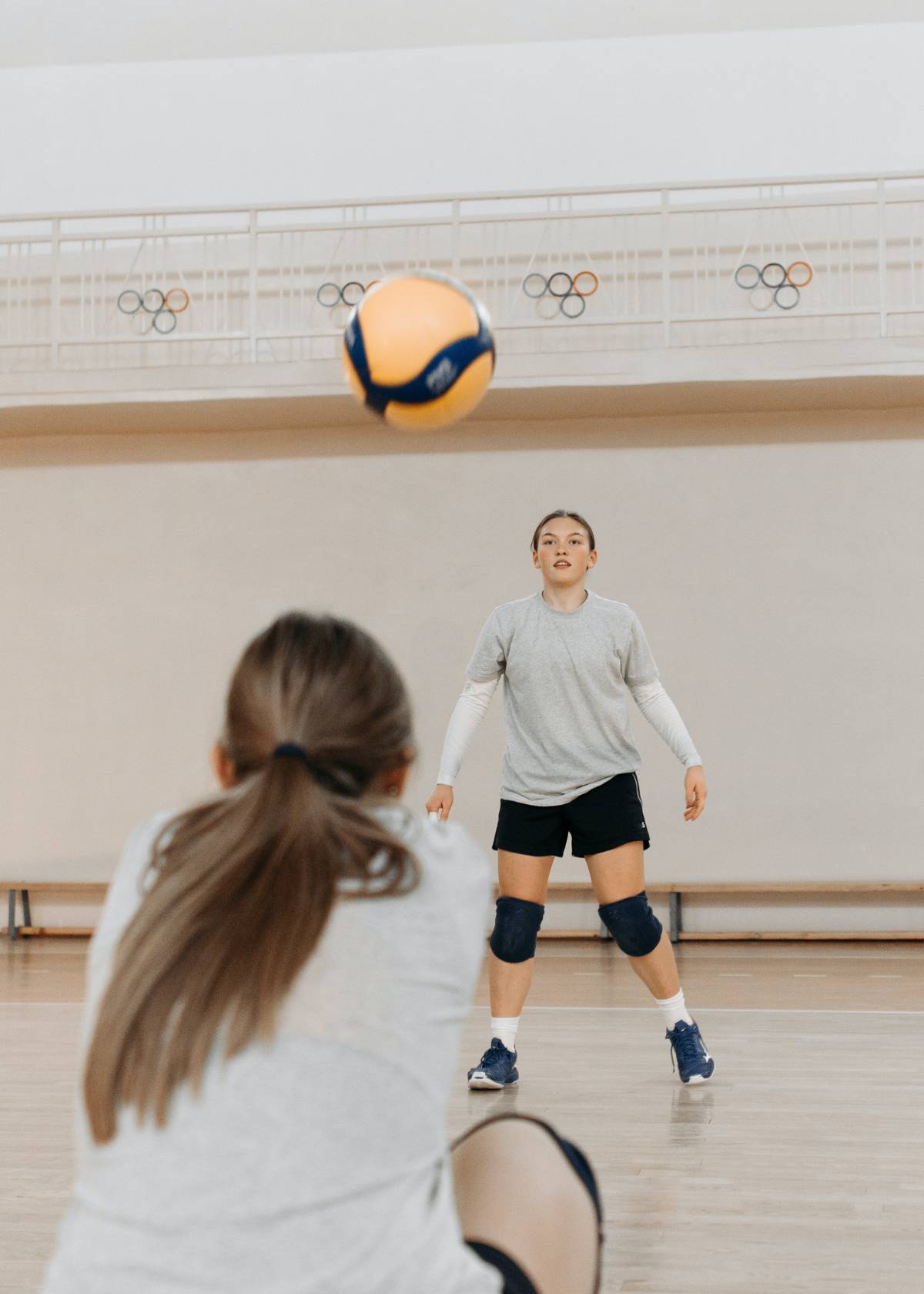
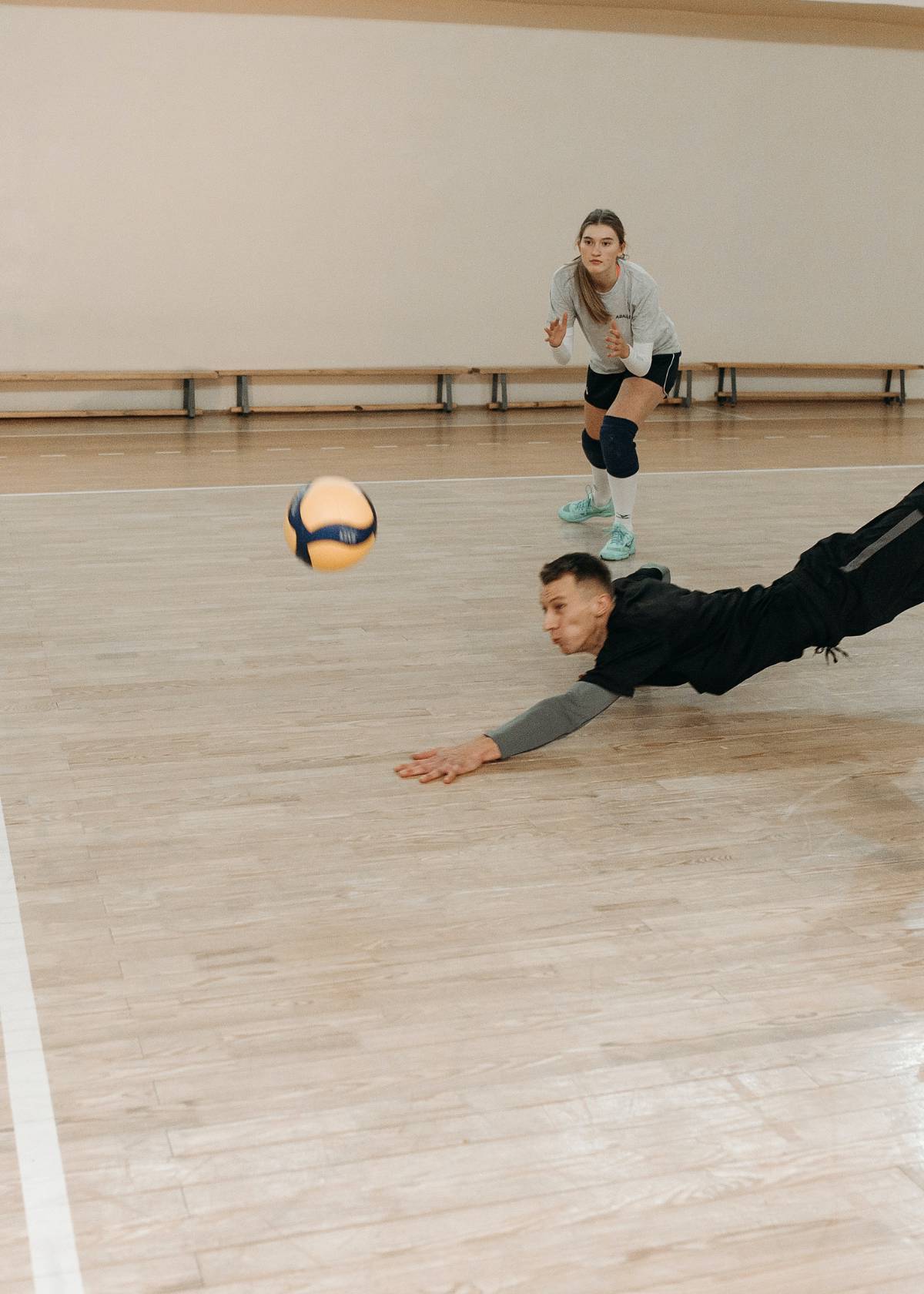
Reading the Game
Reading the game is crucial for a volleyball libero, as you are responsible for defending the back row and preparing for any attack hit from the opponents. To master this skill, you need to be aware of the patterns in your opponents' gameplay and anticipate their moves.
This skill requires you to be aware of the different strategies used by the opposing team and their players. Also, you must be able to read the ball's trajectory, judge its speed, and anticipate where it is headed next.
As a volleyball libero, you should also pay attention to your team's positioning and adjust accordingly. The more familiar you are with your team's tactics, the more quickly you can anticipate their movements and cover gaps in the defense.
Moreover, being able to read the game means understanding how to position yourself for different types of attacks. For example, you need to be ready to move forward if an opponent is going for a short set, while also being prepared to move backward if a high set is coming. By staying proactive and alert, you can effectively defend against the opposing team's attacks and keep your team in the game.
For example, if the opposing team's middle blocker is consistently hitting cross-court shots, you may need to adjust your positioning closer to the sideline to defend against these types of attacks.
Techniques for improving reading skills include analyzing game footage, practicing with more experienced players, and paying attention to the little details in the game.
In short, reading the game is a skill that requires not only practice but also a high level of attentiveness and critical thinking. By honing this skill, you can become an invaluable asset to your team as a volleyball libero.
Quick Reflexes
Quick reflexes are essential to becoming a successful libero in volleyball. You must be able to react quickly in situations where the ball is hit towards you unexpectedly or if it's headed in the opposite direction.
Quick reflexes are especially important for a volleyball libero since you are responsible for defending the back row and often receive unexpected, quick attack hits from the opposing team's middle blockers. You must be able to react quickly to these hits and make split-second decisions on where to position yourself next.
To improve your reflexes, try incorporating plyometric exercises into your training regimen. These exercises help increase your reaction time, speed up your movements, and improve your agility.
In addition to plyometric exercises, try incorporating reaction drills into your training regimen. These drills can mimic game situations, such as receiving an attack hit from the front row, and can help improve your reflexes and decision-making skills.
It's important to note that good reflexes are not just about reacting quickly but also about anticipating the ball's trajectory and making proactive moves. As a back-row player, you must be constantly scanning the court and predicting where the ball is headed next. This can help you position yourself in the right spot to receive any back-row attacks or cover gaps in the defense.
Overall, developing quick reflexes is a crucial aspect of the libero position in volleyball. By incorporating a variety of training methods and maintaining a proactive mindset, you can improve your ability to defend the back row and be a valuable asset to your team.
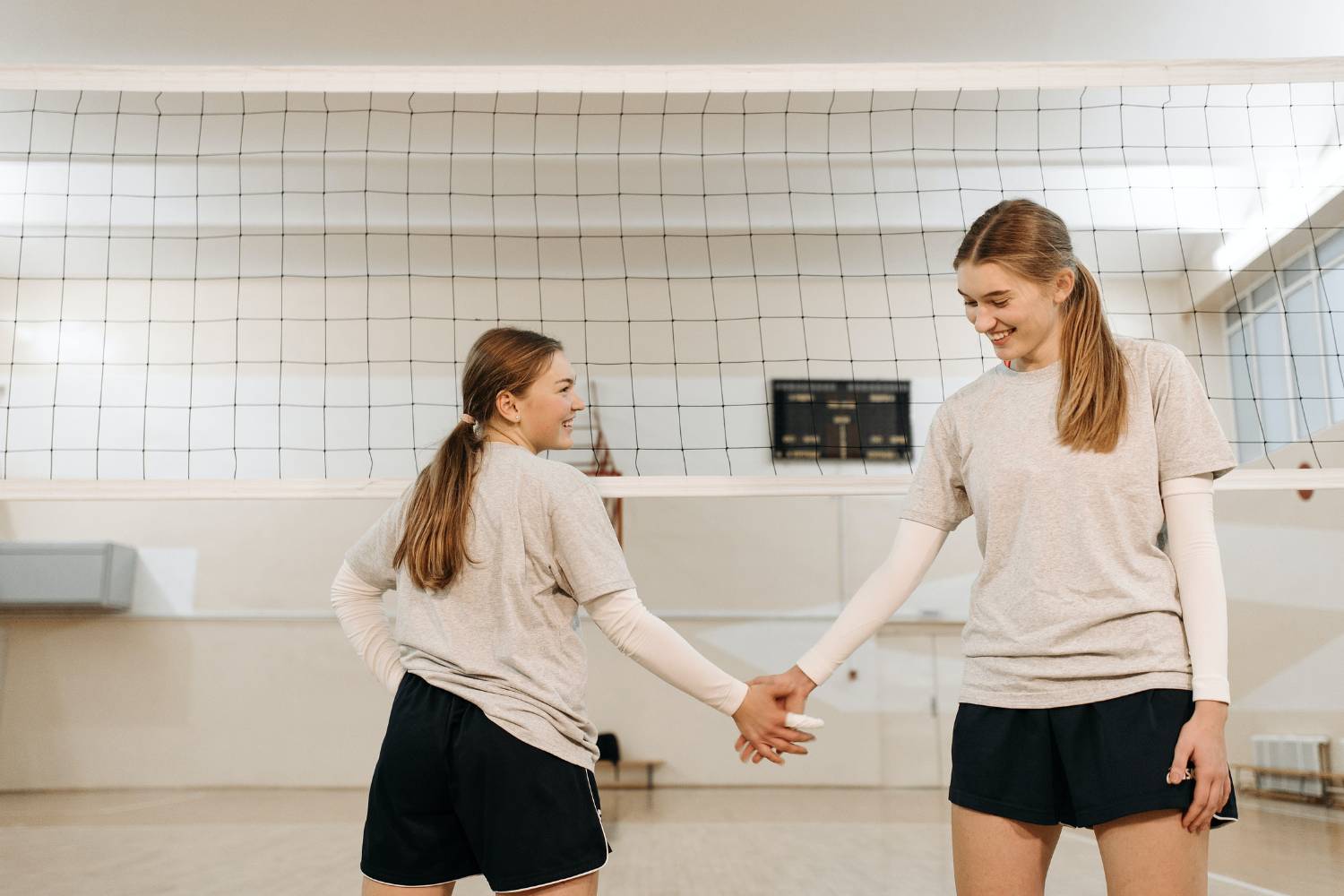
Communication Skills
Communication is the key to a successful volleyball team, and as a libero, you play a crucial role in that aspect. You are the player who is closest to the ball, so you must be able to communicate with your teammates to help them stay in the right positions.
To improve your communication skills, learn to be clear and concise in your communication. Use hand signals, verbal cues, and other means to convey your messages effectively.
Also, understand your teammates' strengths and weaknesses, so you can help them play in the best way possible.
Communication skills are not only important for on-court strategy but also for team morale. As a volleyball libero, you must have excellent communication skills to help your team stay focused and motivated throughout a game.
In addition to communicating with your teammates, it's also important to understand the libero volleyball rules and how they affect your role on the court. As the designated libero, you have certain restrictions, such as only playing in the back row.
Understanding these rules and how they affect your positioning and responsibilities will help you play more effectively in the defensive specialist position. You must communicate these rules to your teammates, so they can anticipate your movements and adjust their own positioning accordingly.
By improving your communication skills and knowledge of the game, you can become an invaluable asset to your team.
Conclusion
Mastering these essential skills is critical if you want to excel as a libero in volleyball. Make sure you practice regularly, incorporate these skills into your training regimen, and pay attention to your performance.
Remember that these skills take time to develop and improve, so don't get discouraged if you don't see immediate results. Keep practicing and pushing yourself to become the best libero you can be. With time and dedication, you will undoubtedly become one of the best defensive players on your team.
With time and dedication, along with an understanding of the libero volleyball rules, you will undoubtedly become one of the best defensive players on your team.
By using effective communication techniques both on-court strategy and morale are improved; ultimately leading to more successful plays for any given game or match situation.
So make sure when playing as the designated libero that not only do you have strong reflexes but also excellent communication capabilities – then success will surely follow!
With these five must-have libero volleyball skills, any player can excel in this challenging role and help their team be successful on the court.
If you're looking for the best volleyball equipment, check out our top picks! We've done all the research for you, so you don't have to!
Be sure to check out our other volleyball and sports & fitness blog posts!

